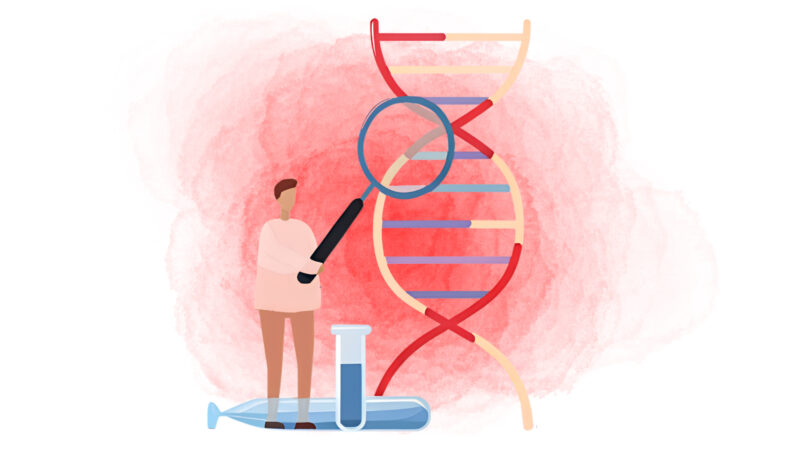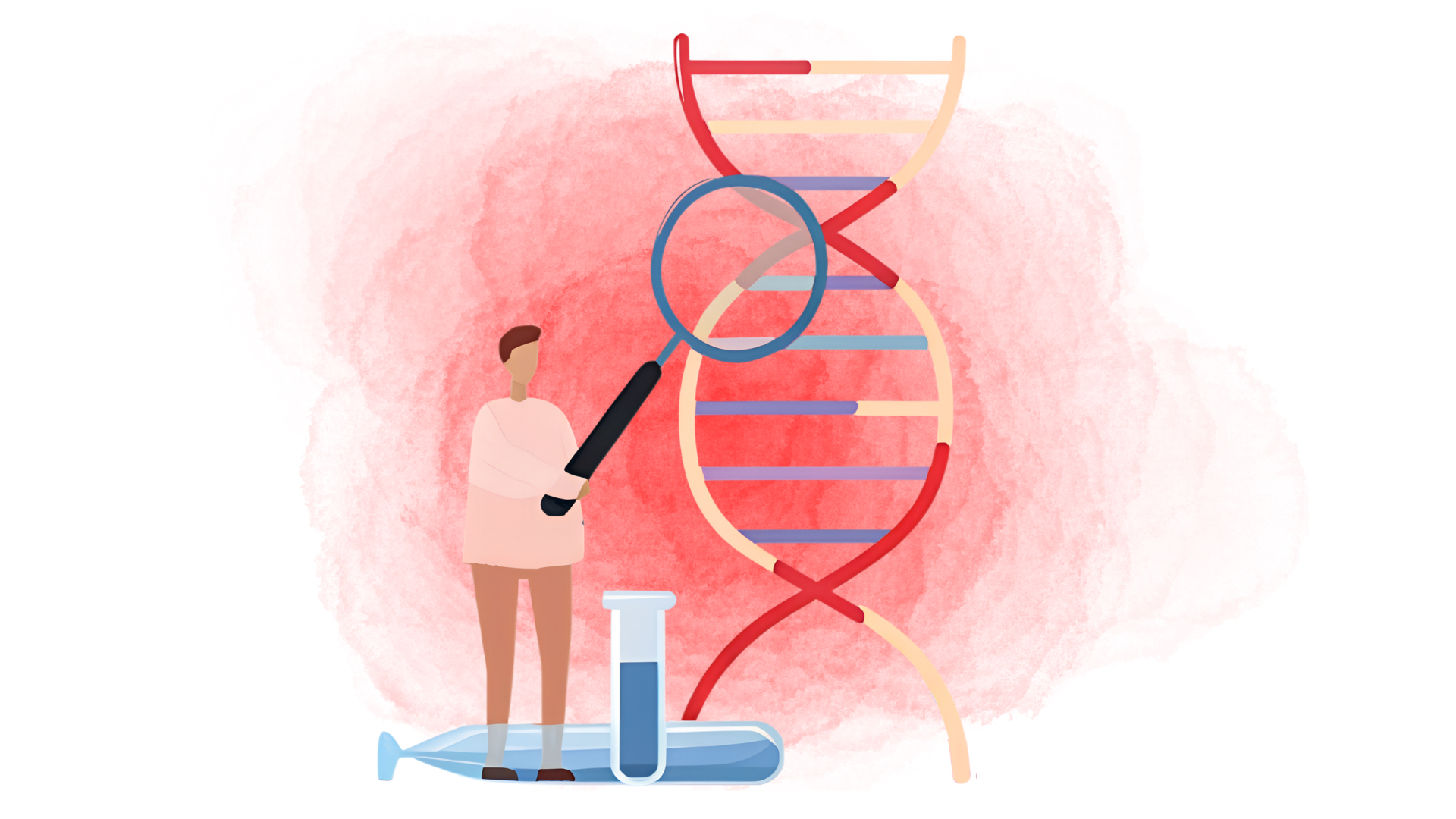Six previously unreported genes have been revealed to harbour rare germline mutations that associate with cancer risk. The study, published in Nature Genetics, 29 October, identified 34 genes associated with cancer risk, including four novel genes associated with increased cancer risk and two genes associated with decreased cancer risk.
“Overall, our study demonstrates the power of large-scale whole-genome sequencing in the search for cancer-associating genes and potential therapeutic targets,” write the authors, led by Kari Stefansson. “Most of the described genes associate with specific cancer sites, revealing new insights into the biological mechanisms involved in cancer predisposition.”
The discovery of germline variants in the BRCA1 and BRCA2 genes, as well as in genes associated with Lynch syndrome, have led to improved early cancer detection and the development of targeted drugs. To improve understanding of cancer and future screening and treatment options, it is of great interest to discover more cancer risk variants with moderate-to-high impact. “Around 5 to 10% of cancers can be attributed to germline pathogenic variants in genes that confer high risk of cancer. They contrast to polygenic variants, where each mutated gene has a relatively small effect and diseases occur as a result of many genomic variants,” explains Stefansson, from the Icelandic biotech company deCODE genetics (a subsidiary of Amgen since 2012) and the University of Iceland, Reykjavik.
For the study, Stefansson and colleagues analysed three large genetic datasets from individuals of European descent, including 130,991 cancer patients and 733,486 controls. The subjects included 431,079 British/ Irish individuals from the UK Biobank, all of whom had undergone whole genome sequencing; 387,986 Icelanders, of whom 63,460 had undergone whole genome sequencing; and 45,768 Norwegians of whom 2,576 had undergone whole genome sequencing. “We compared the genome sequences of patients with 22 different cancer types to people without the disease to identify the polymorphic sites where they differed,” explains Stefansson, adding that the statistical threshold for establishing significance was defined according to the number of tests performed.
The sequence variants found to associate with different cancers were then validated in a cohort of 1,932 Danish patients who had been subject to whole genome sequencing.
In total the study revealed 34 genes associated with cancer, of which six have not been previously reported.
The team found four previously unreported genes associated with risk of developing cancer: the pro-apoptotic BIK for prostate cancer (OR = 1.9); the autophagy-involved ATG12 for colorectal cancer (OR = 2.81); TG for thyroid cancer (OR = 1.96); and CMTR2 for both lung cancer (OR = 3.95) and cutaneous melanoma (OR = 3.41).
Additionally, the researchers found two rare variants that were associated with a decreased risk of cancer. Specifically, loss of AURKB was found to protect against any cancer type (OR = 0.84) and loss of PPP1R15A was associated with a 53% lower risk of breast cancer (OR = 0.47).
“These are among the first loss-of-function genes to be identified,” Stefansson tells Cancerworld. “It’s important to identify loss-of-function genes, because this provides the opportunity to inhibit the proteins made by the genes to simulate the effect of loss of function.”
Overall, explains Stefansson, identifying germ-line variants serves two major uses. First, identifying the genes will help us to ‘shine light’ on the nature of carcinogenesis, which is key to developing new treatments. Second, if rare sequence variants are identified that confer a high risk of cancer, it allows the individual to be screened regularly for that cancer.
“From the study it’s absolutely clear that there are extremely rare variants in the genome that contribute to the pathogenesis of very common diseases. This basically means that we will have to continue to sequence more and more genomes to look for rarer and rarer variants that contribute to diseases,” says Stefansson.
Currently the team are widening the number of biobanks and individuals used in their studies and including genetic sequence data on people of non-European descent, in particular those of African and South East Asian descent. “One of the weaknesses of most genetic studies in the world is that they have focused on people of European descent. This represents a remnant of the colonial philosophy that needs to be addressed,” says Stefansson.












